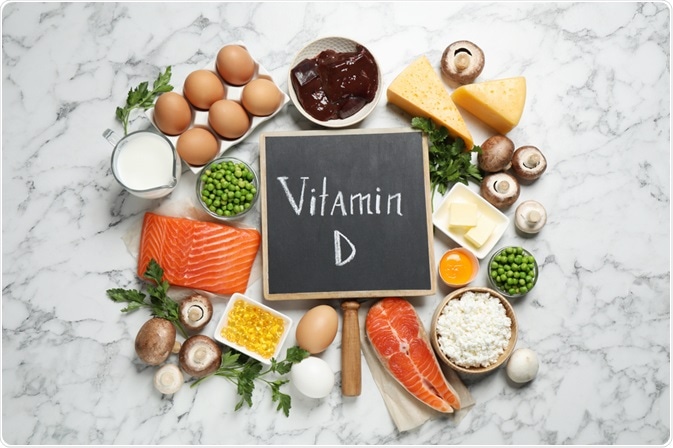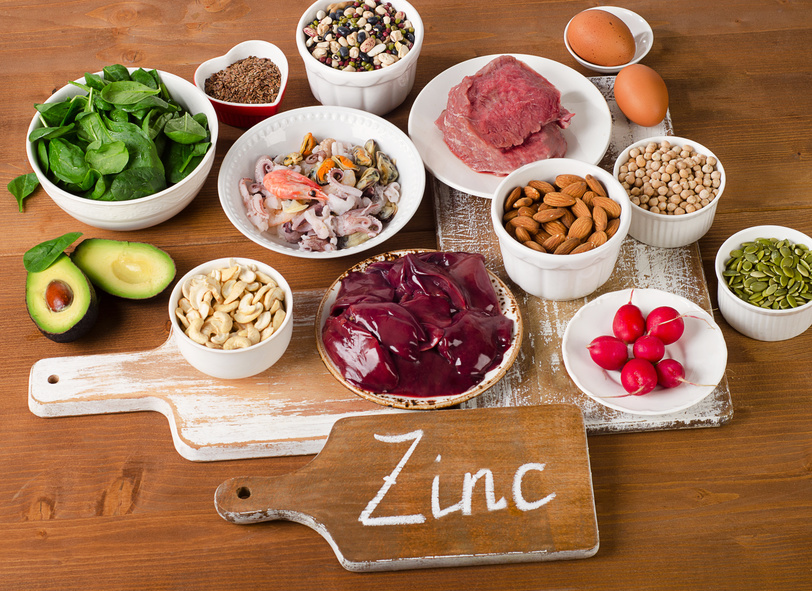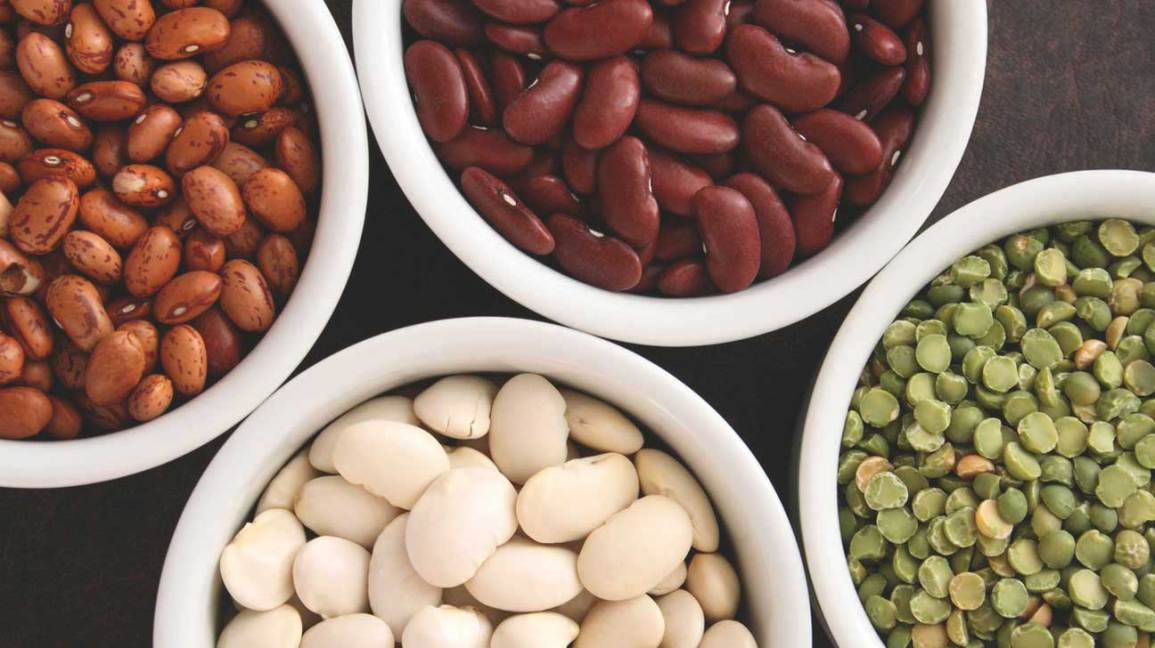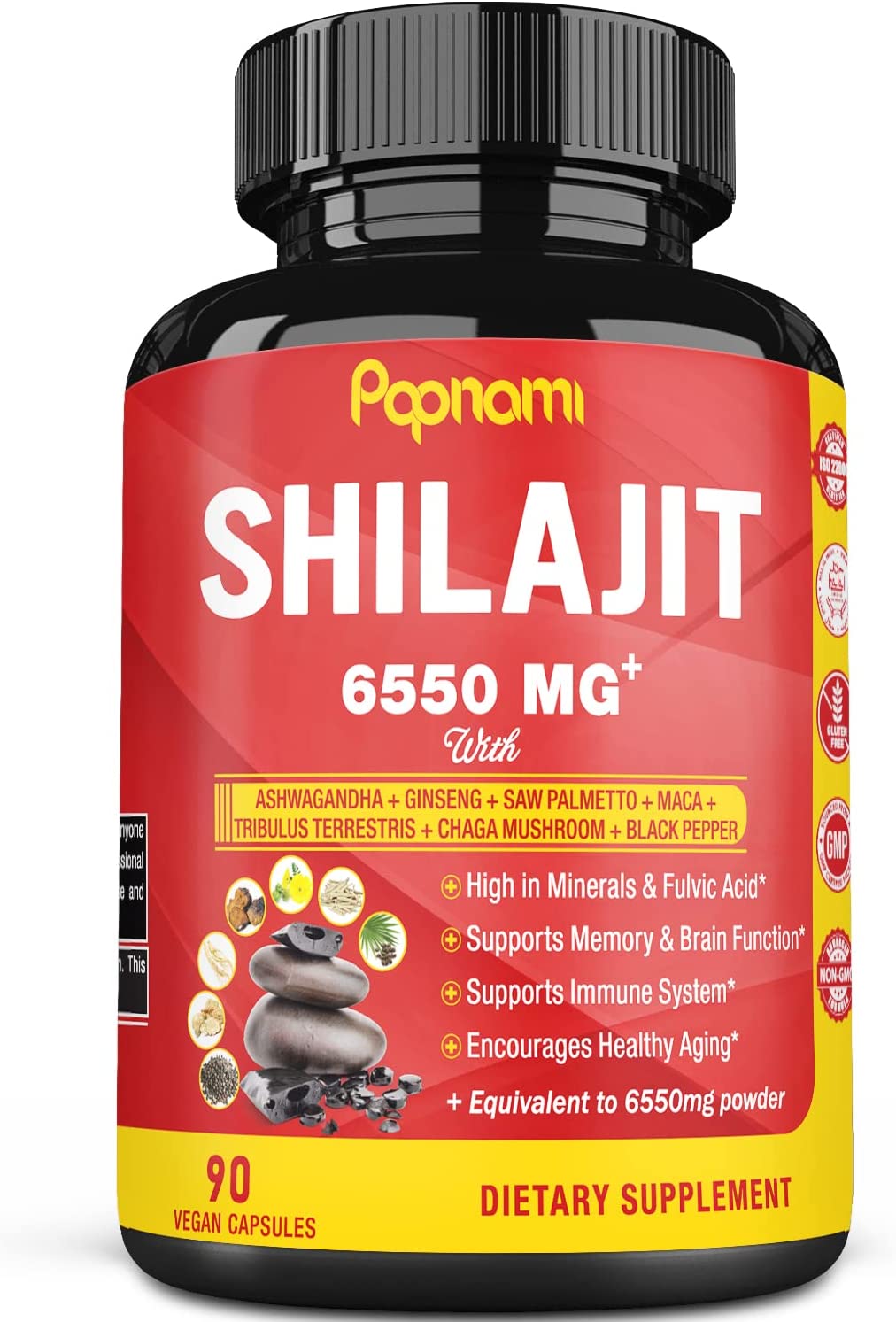One in six couples experience male infertility, and studies show that a third of these are due to the male partner's infertility problems.
Male infertility has steadily declined over the past 50 years. A study found that the amount of sperm produced has decreased by 50% in the last 60 years.
The fertility rate for men under 30 worldwide also fell by 15%. Male fertility is determined by sperm concentration, motility or morphology.
An increase in bad habits can reduce it. A poor diet and excessive alcohol consumption affect the quality and quantity of sperm.
Here are some simple and effective ways to increase sperm count in men.
1. Increase your vitamin D intake:
Vitamin D improves male fertility. A substance that increases testosterone levels. Observational studies have shown that men with vitamin D deficiency are more likely to have testosterone deficiency. These findings were confirmed in a controlled study of 65 men with low testosterone and vitamin D levels. After taking 3,000 IU of vitamin D3 daily for a year, testosterone levels increased by about 25%. Sunlight is a source of vitamin D. Eggs are also a good source of B vitamins and D3 (salmon and cod liver oil are also rich in vitamin D3). Eggs, a staple part of the daily breakfast, contain large amounts of choline, which has been shown to have beneficial effects.
2. Ashwagandha:
Especially for men, ashwagandha supports reproductive health and improves fertility. Ashwagandha, 5 grams per day, improved sperm count and motility in a 3-month study of 75 men with fertility problems. In another study of stressed men, 5 grams of ashwagandha per day improved sperm quality. Additionally, 14% of partners became pregnant at the end of the 3-month study. :
3. Zinc:
Zinc contains many unique properties that support many processes in the body. Men need more than women because it helps with sperm production. It also balances hormones and has beneficial effects on testosterone, prostate and male sexual health. Zinc deficiency can cause abnormal spermatogenesis and is associated with reduced production of viable sperm. Decreased serum testosterone is another effect of zinc deficiency. Foods rich in zinc include red meat, barley and beans.
4. Beans:
A recent study found that a high intake of soy products and isoflavones decreased sperm concentration. One study followed 99 male partners of infertile couples for 3 months. The men who ate the most soy had 32% less sperm than the men who ate no soy. But even among those who ate the most beans, sperm concentrations were well above average. In addition, the study found that other factors of sperm quality, such as ejaculate motility, morphology and volume, were not related to soy diet and soy isoflavones, a type of phytoestrogens.
5. Shilajit:
Shilajit is a safe dietary supplement for male infertility. In a study conducted by a reliable source, a group of 60 infertile men took Shilajit twice a day after meals for 90 days. More than 60% of subjects had an increase in total sperm count at the end of the 90-day period. Sperm motility increased by over 12%. Sperm motility is an important part of fertility and is the ability of sperm to move sufficiently in a sample.


You must be logged in to post a comment.